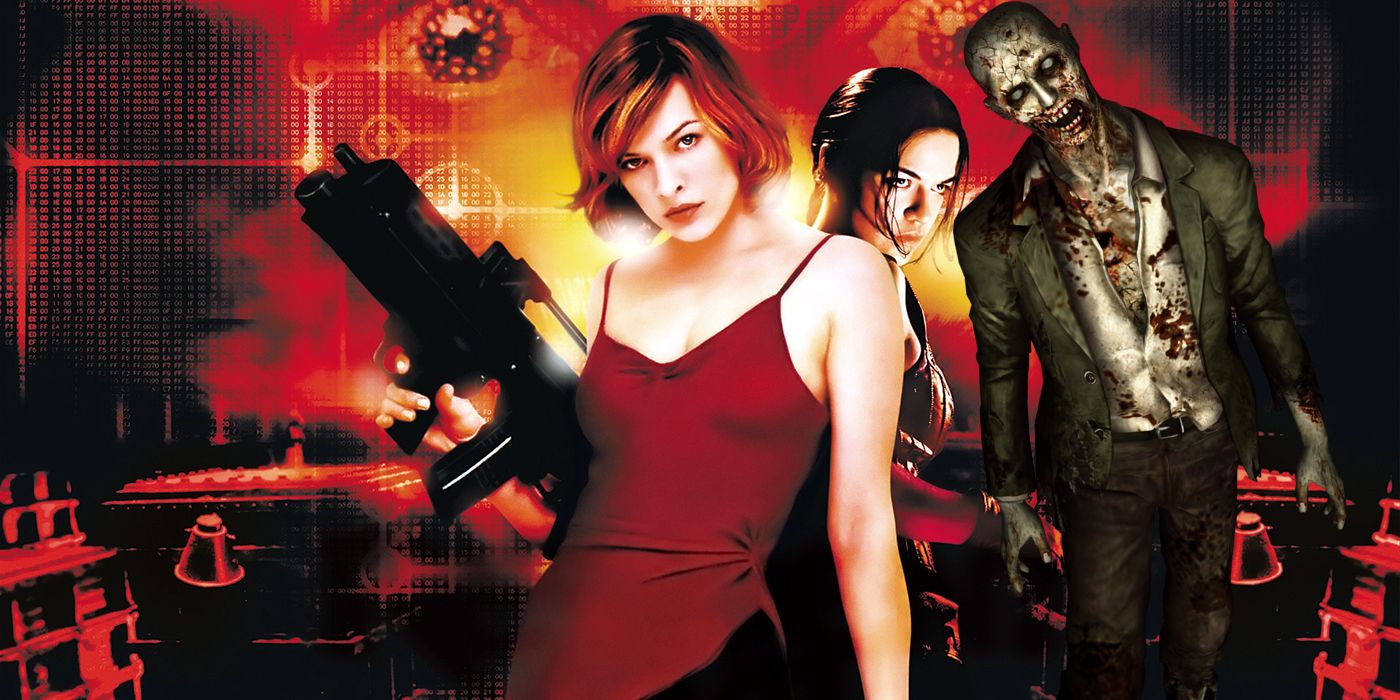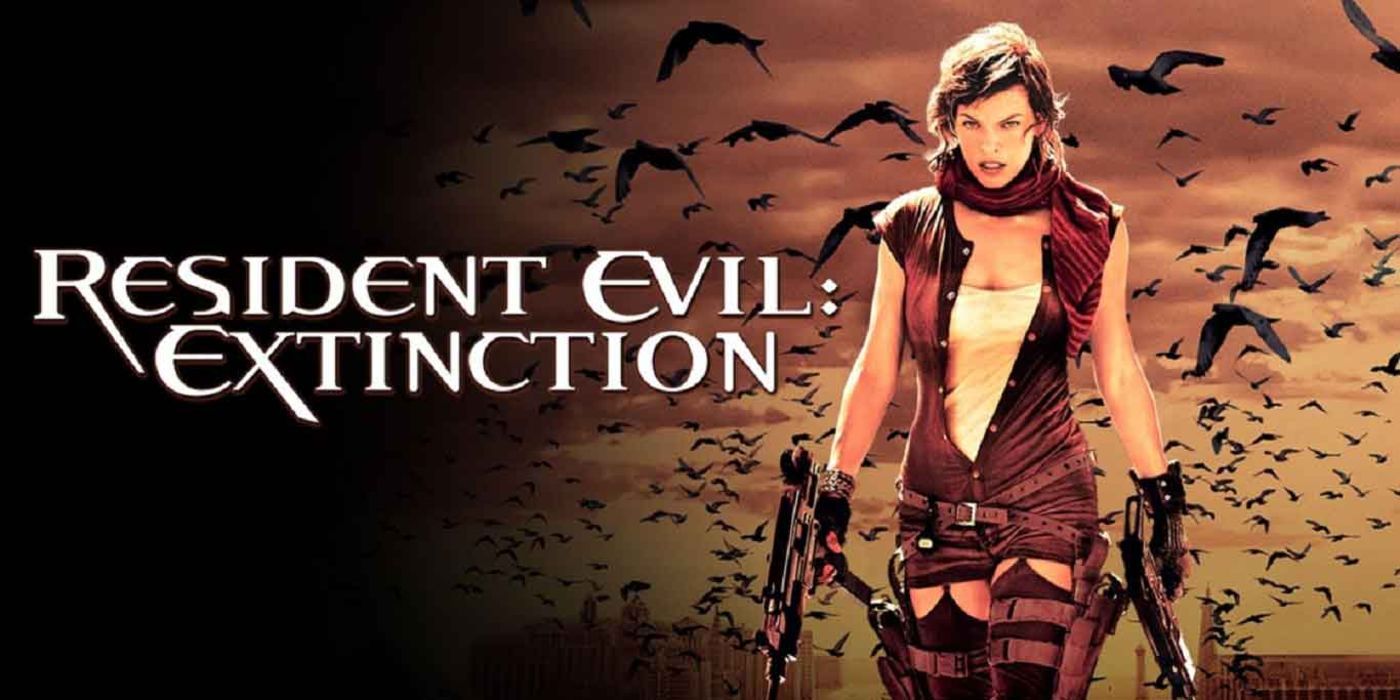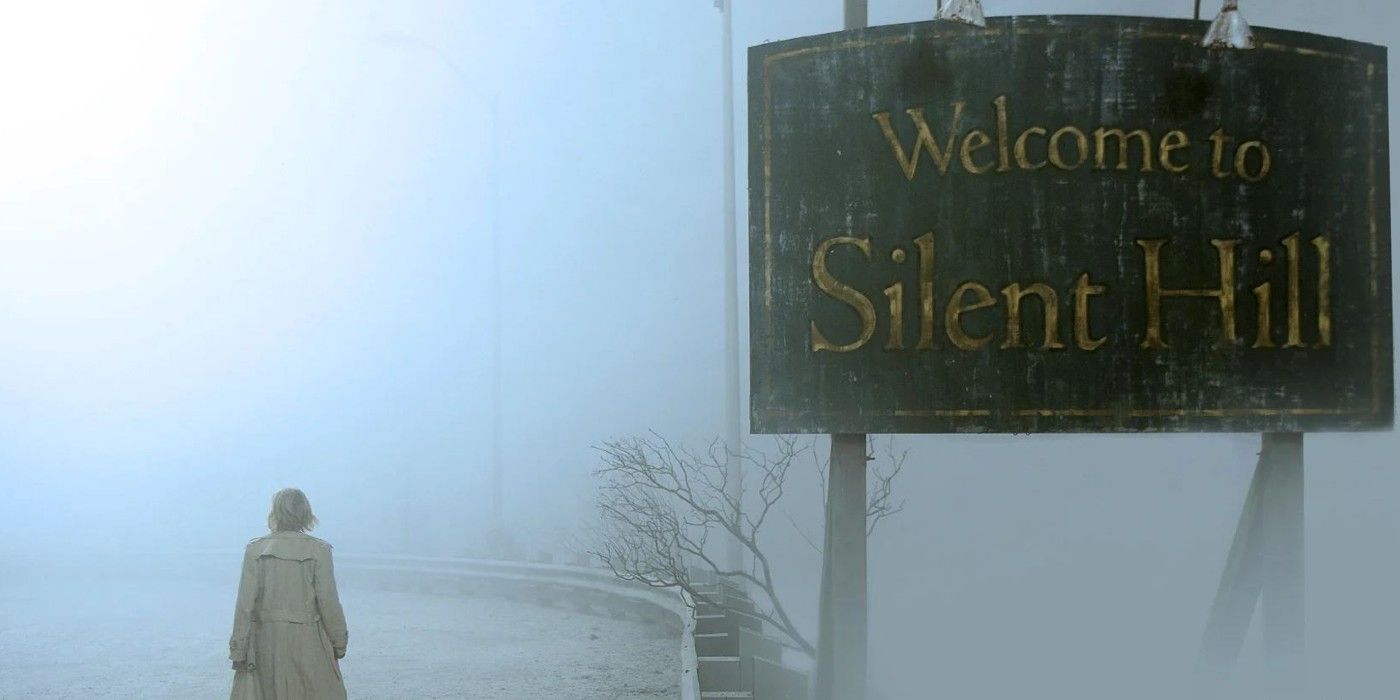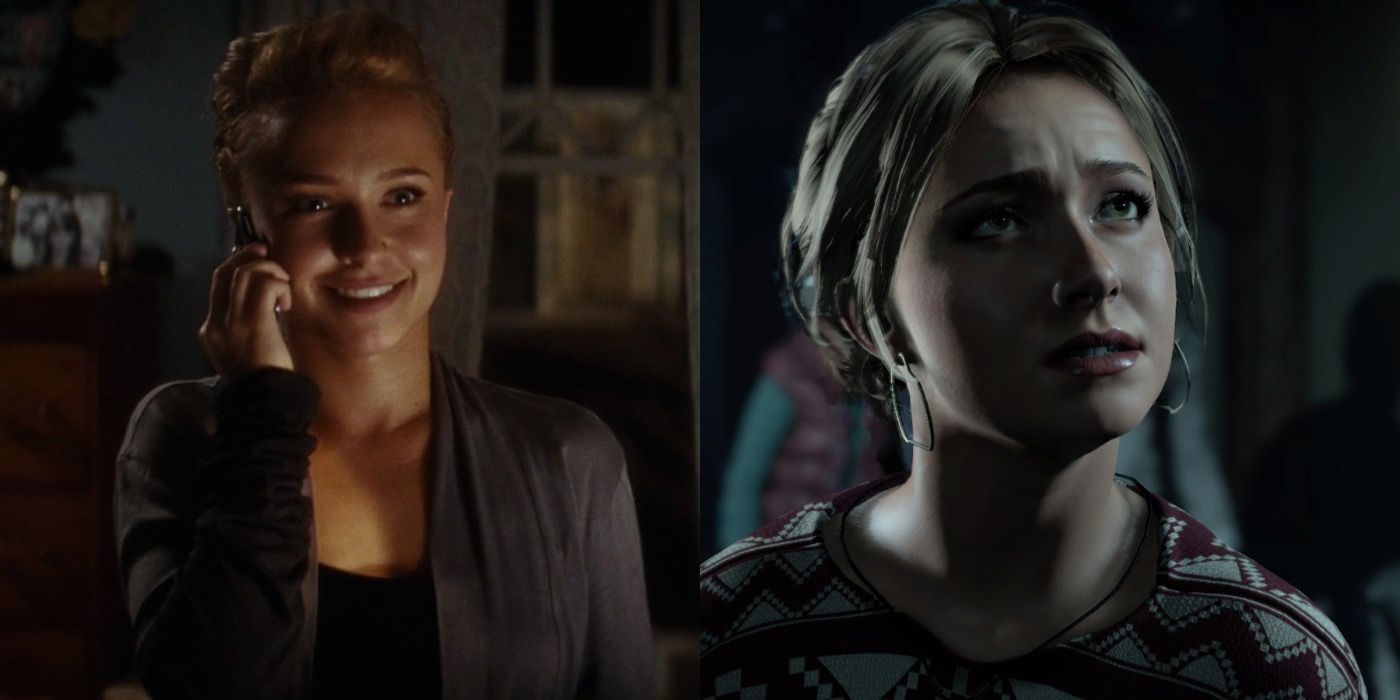
Horror video games like Silent Hill or Resident Evil tend to make for better movie adaptations than most other gaming genres, but why is this the case? Since the arrival of Alien Vs Predator director Paul W.S. Anderson’s Resident Evil movie adaptation in multiplexes, the series has gone from strength to strength, amassing six movies (with a reboot on the way) and becoming one of the most profitable horror film franchises in cinema history. However, casual horror fans are more likely to know Resident Evil as an iconic game franchise and see its movie spin-offs, however successful, as just an extension of that existing brand.
The Resident Evil movies owe an obvious creative debt to the video game behemoth that they are adapted from, and the continuing success of the movies has prompted some to wonder why horror games seem to be the only titles that gain good (or at least fun) movie adaptations. As if to prove this point, 2021’s recent flop Monster Hunter brought together the star and writer of the Resident Evil series Milla Jovovich and Paul WS Anderson, but the adventure movie failed to recoup its budget and was far from a success story with critics.
Granted, the Resident Evil movies have never won significant critical favor either but the financial success of the series speaks for itself. Meanwhile, the recent critical reevaluation of 2006’s unfairly maligned Silent Hill adaptation serves as further proof horror games are uniquely suited to making a successful journey from console to screen without losing their audience in the process. So what is it about the horror genre that makes its video games conducive to movie adaptations?

The primary reason horror video game adaptations tend to work where the likes of Max Payne flop is that horror is already built around the first-person perspective. Many game adaptations struggle to make their protagonists interesting when the viewer isn’t controlling their actions, whereas the continuing success of the Resident Evil movies or games comes from the fact the protagonist often doesn’t need to be a compelling, well-rounded figure when players are putting themselves in their shoes to be scared senseless. Resident Evil’s characters aren’t particularly deep but neither are the heroes of traditional horror movies, where viewers often come to see monsters, zombies, or gore rather than character development. Unlike a detective story such as Max Payne, which needs an involving main character to keep viewers engaged and interested in the mystery unfolding, horror doesn't even need to show the audience whose eyes they are seeing through to scare them.
The Resident Evil films have become some of Hollywood’s highest-earning horror movies, rivaling blockbusters like IT Chapter 2, because of focusing on scares over character development. In adventure game adaptations like Tomb Raider or racing adaptations like Need For Speed, the lack of depth can be a real issue, and it's one that players may not notice when controlling the characters, but are underwhelmed by when sitting in a movie theatre watching flat, lifeless figures interact. However, many successful horror movies prioritize the first-person perspective that horror games use, ignoring the backstories or internal lives of the main characters in favor of setting up the next gory kill or suspense scene. Horror game adaptations work for precisely the same reason slasher franchises like Nightmare On Elm Street and Friday the 13th continually get away with thinly sketched heroes - players and viewers alike are interested in putting themselves in the POV character’s perspective, not in learning more about them.

The limited worlds of games have never been better suited to a genre than horror, where being unable to escape a confined setting is a feature of scary stories, rather than a bug. Take the movie adaptation of Silent Hill, where the game’s chilling content is more easily translated precisely because the original title itself draws so much inspiration from classic horror like Carnival of Souls or John Carpenter’s In The Mouth of Madness. The fact the heroes of Silent Hill can’t escape the title town, as well as the misty visuals or overwhelming sense of dread the game conjures up, are both taken from these aforementioned horror greats. It's easier to port elements back onto the big screen than, for example, the Need For Speed movie trying to make watching a race as fun as actually being in the driver’s seat.

In recent years, some horror titles have proven the gaming experience can be so cinematic it plays out like a full-blown theatrical horror movie. Until Dawn, with its recognizable cast including Hayden Panettiere and Rami Malek would be prime material for a movie adaptation if it weren’t for the fact the game itself is essentially an 8-hour movie already. As the art of pulling off an effective jump scare relies on the same balance of good writing, a menacing score, and clever camerawork whether it takes place in a game or movie, the mechanics of gameplay don’t affect a viewer's ability to be scared senseless in the same way.
The ability to solve a crime makes a detective game satisfying but can make a mystery movie boring since viewers can beat the story to its twist. In contrast, the feeling of being scared is as effective whether the source of the horror comes from a game or a movie. Where games like Disco Elysium rely on sprawling gameplay to be an effective storytelling experience, a shorter, more self-contained title like Until Dawn functions more like traditional horror movies. Every character is (almost) guaranteed a gruesome fate regardless of the player’s decisions since this is part and parcel of the teen horror genre’s appeal in movie and game form. This focus on scary, effective horror visuals over gameplay, the limited settings of many games, and the prioritization of the first-person perspective over character development combine to make horror game adaptations like Resident Evil or Silent Hill more effective than their adventure and action counterparts.
from ScreenRant - Feed https://ift.tt/3hFTnCj

No comments: